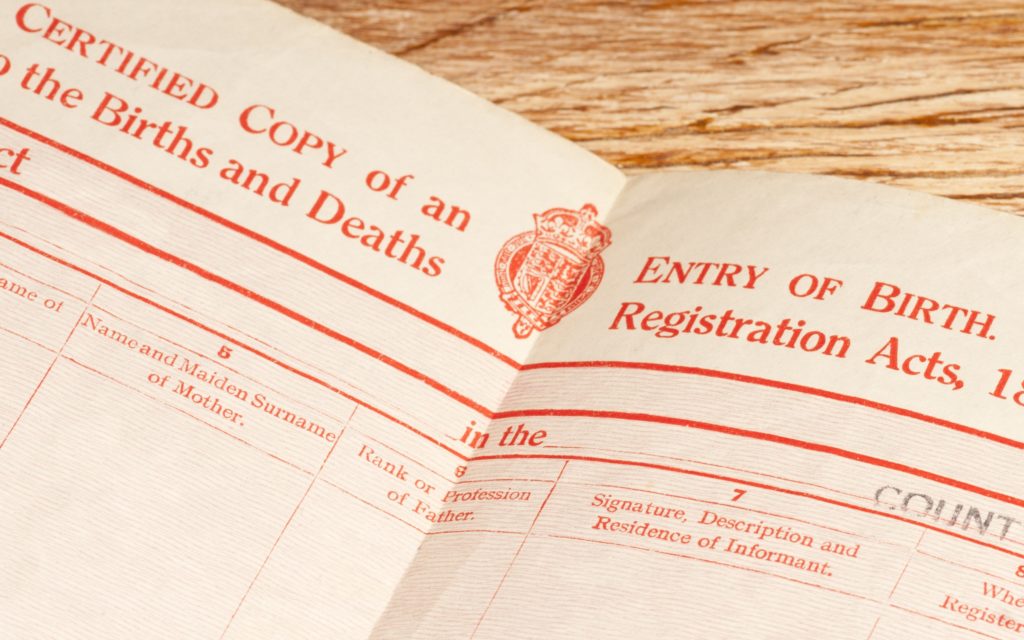The internet has made it easier than ever to research your family history. Now, you can even get your DNA tested to match you with distant relatives around the world. However, vital records are still one of the best ways to uncover information about your ancestors and deceased family members.
Vital records are maintained by individual states and contain information about births, deaths, marriages, and divorces that occurred in that state. You can learn a lot about your ancestors from these records and uncover more distant relations as well. And, the good news is, older records are usually made publicly available, making it easy to get vital records for genealogy.
Locating Public Vital Records for Genealogy
Since vital records contain personal, sensitive information, nearly all states keep their records closed for a number of years. This means that only the individual(s) on record and their immediate family members can access them. Newer records are closed to help protect against identity theft and fraud.
Most states keep vital records closed for anywhere from 20-100 years after the event occurs. The exact timeline depends on the type of record and the state laws. Once that time is up, they become public records that anyone can access with basic information about the individual and the event.
After a record is made public, you can usually view it online for free. You can use the National Vital Records Archives website, the Department of Health, or one of the many genealogy websites to locate public vital records for genealogy.
Accessing Closed Vital Records for Genealogy
If the vital records you need are not yet public, you may still be able to access them. It depends on the type of record and the state rules and regulations. For example, most states allow you to apply for a short-form or abstract birth certificate copy for anyone, even if the record is closed. You just need to know basic information about the person on record.
A short-form copy is not considered legally valid and does not contain as much information as a certified, long-form copy. However, short-form copies can still provide quite a bit of genealogical information. In addition, if the person on record is an immediate family member, such as a grandparent or parent, you can likely order an official, long-form copy.
To apply for closed vital records for genealogy, you can visit the vital records office in-person or just apply online. If you choose to apply in-person, you must apply at a vital records office in the state where the event occurred. So, it may be easier and more convenient to apply online instead. If you request vital records for genealogy online, be sure to use a trusted service like Birth Certificate Copy.
Other Sources for Genealogical Records
Most states did not start keeping official records until the early 1900s. Prior to that, religious organizations kept most important records. So, if you need very old vital records for genealogy, you may have to find alternate sources.
You can start by contacting historical societies in the area where the event occurred. They often have a wealth of information available concerning local events that happened far in the past. Historical society members will be happy to share information with you and help you with your search.
Older religious organizations may also have records dating back many years. They often maintain archives of things like baptismal and marriage records. Both of which can be a great source of genealogical information.

